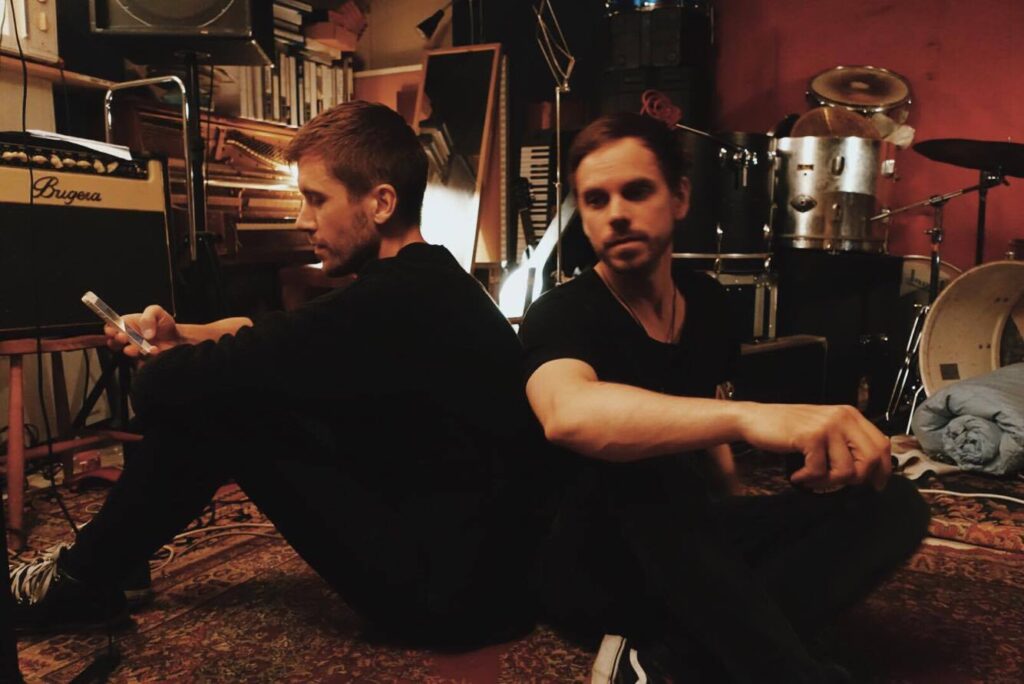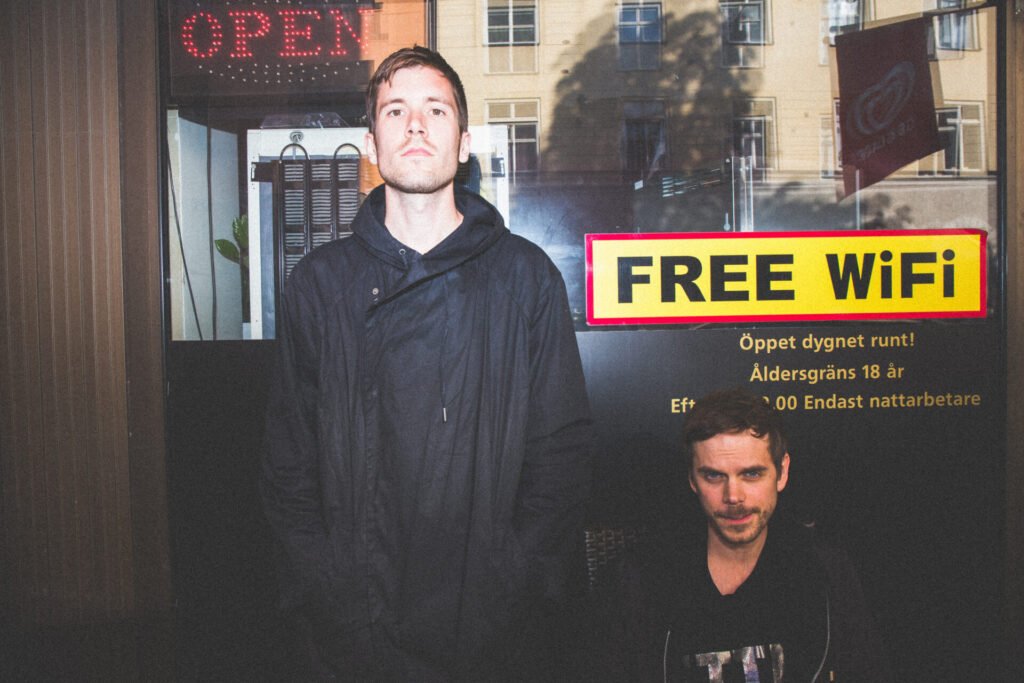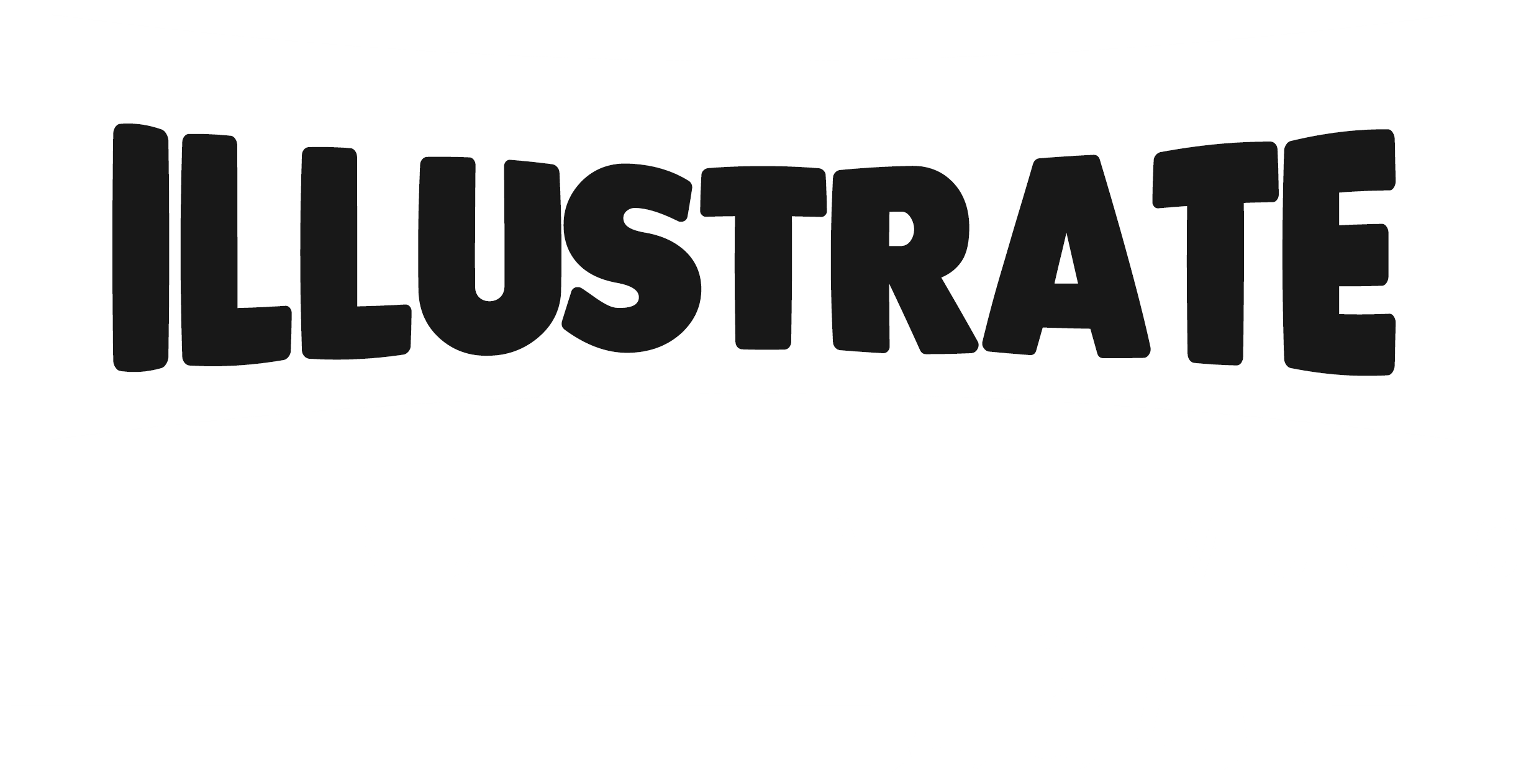Dog Orchestra (Daniel DePierre and Niklas Malmborg) began their journey in a small studio apartment in Berlin eight years ago. Raised on indie pop, the exploration of the Berlin 24-hour nightlife and progressive electronica scene was the catalyst that gave birth to their signature sound which has been described as “a contemporary Leonard Cohen meets a pop Radiohead”. Check out the Exclusive Interview with ‘Dogorchestra’ below:

1. Can you tell us a bit about where you come from and how you got started?
Daniel: From Stockholm, Sweden. Met in high school. Moved to Berlin in our twenties and started a band.
Niklas: Actually, Daniel joined a band I was in, which didn’t end well. Out of the ashes Dog Orchestra came to be. Two days later we moved to Berlin and everything suddenly made sense.
2. Did you have any formal training or are you self-taught?
Daniel: Self-taught.
3. Who were your first and strongest musical influences and why the name ‘Dog Orchestra’?
Daniel: When we started out we were listening a lot to Oracular Spectacular by MGMT and trying to avoid responsibility… so I would say that album was a big initial inspiration, at least in terms of mood when we first started recording. We wanted to throw a party big enough to lose ourselves in.
Niklas: Agreed. And I would say we succeeded, at least in terms of big parties and getting lost. From then on the Berghain bass and the makeup aluminium sparkles found their way into the music as well.
Daniel: The name came from a pack of dogs howling outside a tent in the night time. We saw it on TV and someone called it a Dog Orchestra.
4. What do you feel are the key elements in your music that should resonate with listeners, and how would you personally describe your sound?
Daniel: I don’t know, hopefully it’s nuanced enough for people to find different things in it. But maybe that it’s ok to be lost, it’s ok to feel like shit. Everything is ok.
In terms of sound I remember being pretty flattered when another artist we had a few sessions with said our music was like watching a big HBO production, you just wanted to curl up and enjoy it. He also compared us to Lana Del Rey and (aforementioned) MGMT so yeah, please print that.

Daniel: I don’t know if we’re TRULY ORIGINAL yet :)… how do you know? I mean in a sense we’ve always done our own thing cause we never really learned the “rules” of what we were doing, so even when we tried to emulate songs, it always sounded very different in the end. But we definitely tried to write certain “types of songs” from lot’s of different influences. In the beginning I was worried that the songs were too scattered and incohesive as a whole, but people said we had our own sound pretty early on, even though I’m still not sure what that is. I do think that if we’re given time to realize our potential we could do some really interesting stuff. When we’re in the studio I’ve always felt like we swing big and put our hearts into it.
Niklas: And nothing beats that. Nothing.
6. What’s your view on the role and function of music as political, cultural, spiritual, and/or social vehicles – and do you try and affront any of these themes in your work, or are you purely interested in music as an expression of technical artistry, personal narrative and entertainment?
Daniel: We don’t actively write along those themes, but I think as long as you try to express yourself honestly, you’re going to tie into those things whether you’re aware of it or not.
Niklas: Exactly, while at the same time art can transcend beyond those boundaries and allow for the unexpected. I can feel uncomfortable when I see someone in a MAGA cap pump Broke or whatever, but at the same time it’s nice that music is around in a world of polarised bubbles constantly drifting further apart at the hands of white men named Mark, Larry or what’s their face … we’re all just flesh and blood and beautifully the same in the end. Except for maybe Mark, Larry and what’s-their-face.
7. Do you feel that your music is giving you back just as much fulfilment as the amount of work you are putting into it, or are you expecting something more, or different in the future?
Daniel: Yeah sure, working with music is awesome… There have been times where other parts of life demand more attention and music becomes a practical inconvenience, but when there’s time for it, it’s definitely the most rewarding work that I’ve known.
Niklas: My bank account says: No.
8. Could you describe your creative processes? How do usually start, and go about shaping ideas into a completed song? Do you usually start with a tune, a beat, or a narrative in your head? And do you collaborate with others in this process?
Daniel: It varies is the honest answer. When we’re writing I think the most important thing is that we feel we’re doing something new. So if we’ve been starting with beats for a while we’ll eventually get bored with ourselves and try a string arrangement or whatever. I think it needs to come with as little a formula as possible to stay interesting to us. The goal I think is almost always to just get out of our own way, record whatever happy accidents come out, and then try to build on that. Niklas is the only person I have been able to collaborate with “successfully” in that process.
Niklas: Same. But it’s hard. And every time it happens, you’re stuck with a feeling it will never ever happen again. Until it does.
9. What has been the most difficult thing you’ve had to endure in your life or music career so far?
Daniel: Sticking with the ‘music career’ track I would say just putting in the time and effort to keep working at it even when nobody really cares and everything in life is moving the other way.
Niklas: Yeah, the only reasonable thing would be to walk away, let it go, forget the moments that make you want to come back. But it’s such a pretty bubble.
10. On the contrary, what would you consider a successful, proud or significant point in your life or music career so far?
Daniel: There have been many significant moments already, but I’m gonna get cheesy here and say when I moved in with Niklas and we started making music together. Something happened there that made me realise how much I love music and sharing that with someone.
Niklas: </3
Keep in touch:
http://smarturl.it/dogorchestra | https://soundcloud.com/dog-orchestra | https://www.youtube.com/dogorchestra
http://instagram.com/dogorchestra | https://twitter.com/dogorchestra

